Almost exactly 15 years ago, a Californian TV channel sent me a webcam. To be precise, they sent me a 3COM camera which came with a PCI frame-capture card. Connecting this up was a bit of a palaver, because I ran Linux on my home machine at the time, and I had to create a new partition and install Windows 95 so that I could run the supplied software. But it was worth it, because this was ZDTV, who were doing an interesting experiment on their Call for Help programme: interviewing people in remote locations using these new-fangled webcams alongside a traditional telephone call.
By the time my segment came, it was well past midnight, and I got a laugh by holding up a clock to prove that I was somewhere in a very different timezone, and by saying that, though they thought they were very advanced in California, they were still in Tuesday, while some of us had already moved on to Wednesday some time ago.
There were other guests on the show, and we made minor history by being the first time ZDTV (and perhaps anyone) had done a three-way call using webcams as part of a live broadcast. The presenter was a very nice chap named Leo Laporte.
Since I seldom saw any American TV, I wasn’t aware at the time of Laporte’s gradually increasing prominence as the host of shows such as The Screen Savers on the same channel (which had by then changed its name to TechTV). But he soon gained more international exposure with the launch in 2005 of the This Week In Tech podcast — affectionately known as TWiT — which grew into the TWiT.tv network, consisting of around 30 different shows. I have been listening to several of them almost since day one.
As the network grew, they built their own studio in Petaluma, California. And it just so happened that I was driving through there on Friday, so I stopped off to have a look.
I stuck my head inside the door and said hello, and the wonderful Debi Delchini immediately welcomed this stranger from across the seas and gave me a guided tour, despite the fact that I had arrived right at the end of her Friday afternoon.
The TWiT studio, though not large, is cunningly divided into half a dozen different sets, to allow different moods for different shows.
The mixing desk in the middle can rotate to face whichever one is in use.
There are cameras everywhere. Unlike traditional studios where large cameras roll about on substantial bases, we are now in a world were adding extra small broadcast-quality cameras is cheap compared to arranging the building around a few bigger ones.
Leo wasn’t there, sadly, but I did get to sit in his chair!
There was, however, a show being recorded: Fr Robert Ballecer’s This Week in Enterprise Tech.
I noticed that he was interviewing two people over Skype.
That’s good, I thought: it looks as if the format has caught on after all.
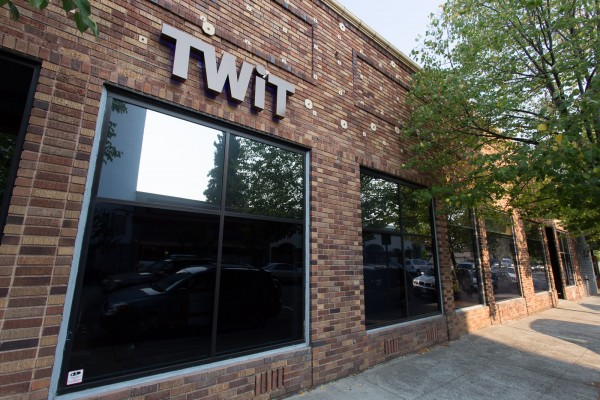

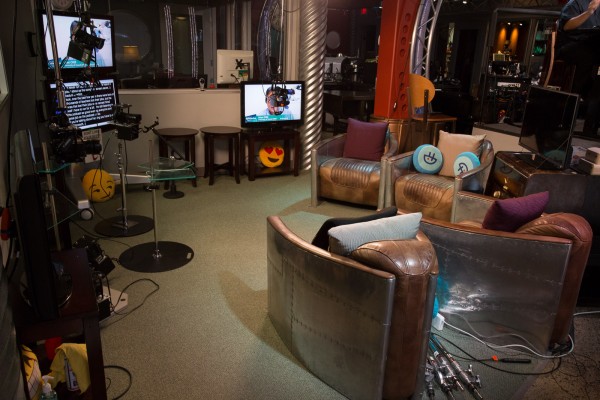
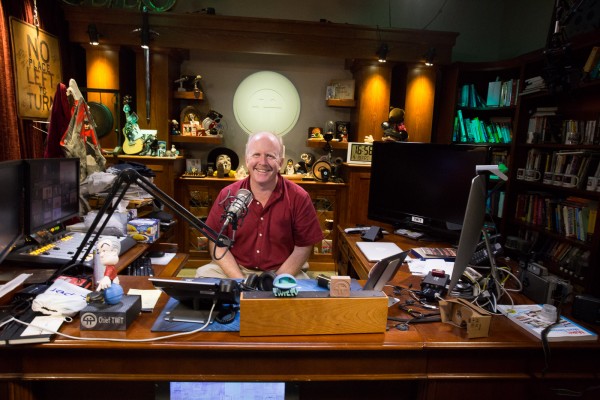
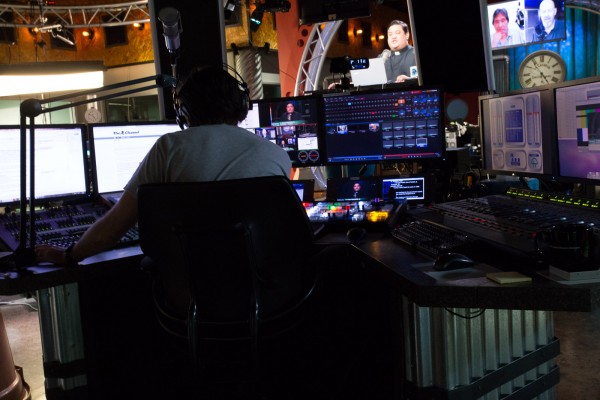

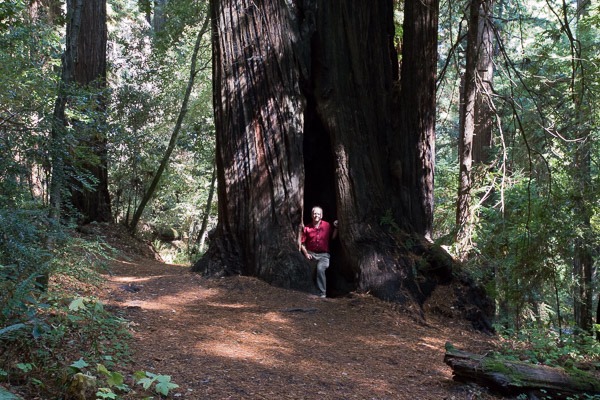


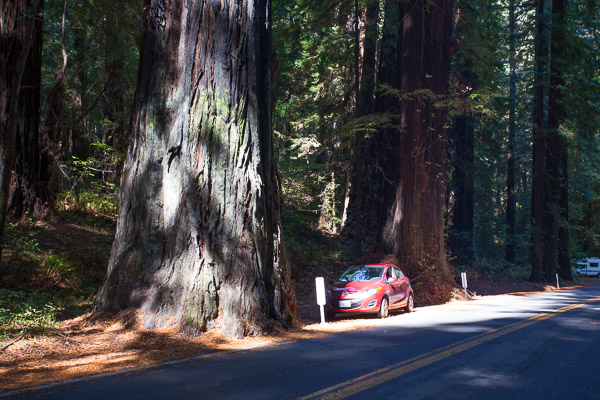









 On 1st October, the tax disc that British cars need to display in their windows is being abolished, nearly a century after it was introduced. Not the tax, you understand, just the disc.
On 1st October, the tax disc that British cars need to display in their windows is being abolished, nearly a century after it was introduced. Not the tax, you understand, just the disc.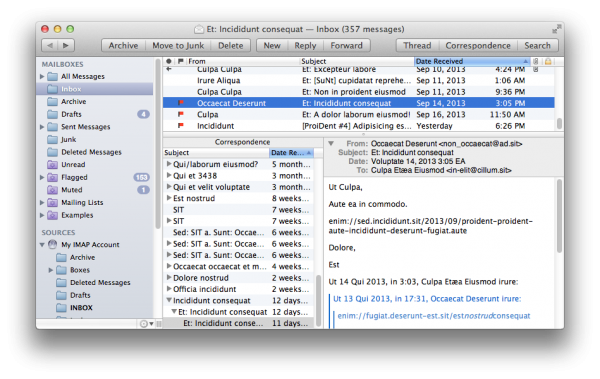
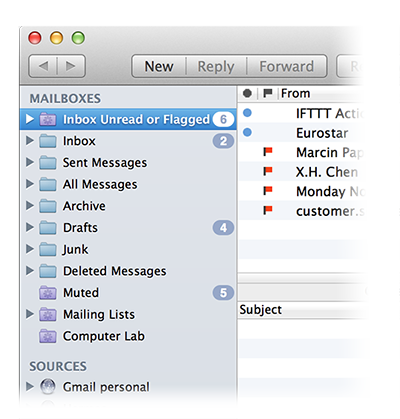
Recent Comments